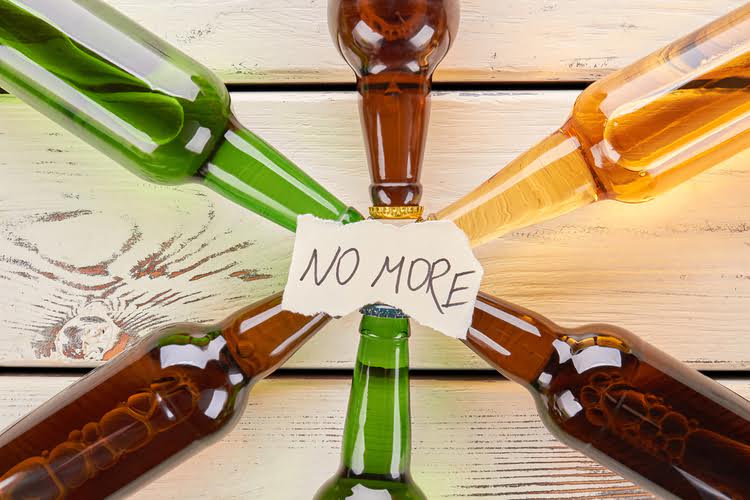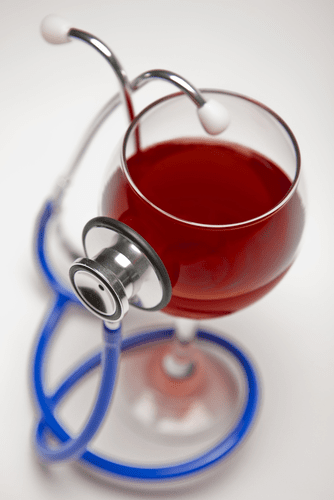Essentially, limiting alcohol consumption is key to reducing the risk of kidney damage. Besides that, adopting a healthy lifestyle like staying hydrated, eating a balanced diet, and exercising regularly can help support overall kidney function. Chronic alcohol use also interferes with the kidney’s ability to maintain blood pressure (14). High blood pressure damages the blood vessels in the kidneys, reducing their efficiency in filtering blood (15). As a result, kidney function deteriorates over time, increasing the risk of developing chronic kidney disease (CKD).

Can You Drink Too Much Water If You Have Kidney Failure?

Recent research has found a link between long-term use of caffeinated energy drinks and an increased risk of developing kidney disease due to dehydration. For those with kidney health issues, energy drinks, especially caffeinated energy drinks, are not the best choice for an afternoon pick-me-up. However, the high levels of caffeine and sugar found in many popular energy beverages can be particularly hard on kidneys.
- It worsens over months or years, and the loss of function may be so slow that you don’t notice any symptoms until your kidneys have almost stopped working.
- When you begin to experience kidney related symptoms that result from drinking, you should immediately consult a doctor.
- If you’re living with kidney disease, you may be looking for ways to stay energized while protecting your kidneys.
- Our team of experienced, compassionate urologists are here to assist you.
- Hydronephrosis is the result of one or two swollen kidneys due to an accumulation of urine.
Short-Term Effects of Alcohol on Kidneys
But there are body functions that can become overwhelmed when your tissues are oversaturated. The biggest complication of overhydration is that minerals, electrolytes, and other solutes become too diluted with excess water consumption — especially salt. Generally, it’s recommended that most people to drink about 2 liters of water each day. It’s not common for someone to drink too much water, so it isn’t discussed as much as dehydration. Personalized medical advice becomes essential for anyone concerned about how beer impacts their renal health.

The Science Behind Beer and Kidney Health
Even those who only have two drinks per day may have a higher risk of high blood pressure, a leading cause of kidney disease. You can reduce the risk of dehydration by drinking water while using alcohol. While there is no set amount of water you should be consuming, many medical professionals recommend drinking at least two full glasses of water for every what is alcoholism alcoholic drink you use.
What Is Kidney Disease?
Kidneys play a crucial role does drinking hurt your kidneys in filtering waste, balancing fluids, and regulating electrolytes. Understanding how beer interacts with these vital functions requires a close look at both the components of beer and the physiology of the kidneys. Avoid binge drinking, and drink plenty of water if drinking alcohol. People with chronic kidney disease should not drink alcohol at all, and they can speak to a doctor for help with quitting if they are finding it challenging. To protect kidney health while enjoying beer, moderate your intake, stay hydrated by drinking water, and be mindful of any underlying health conditions. It’s also advisable to choose beers with lower alcohol content.
- If you suspect that your kidneys may be affected by your alcohol consumption, or you’re worried about a loved one’s alcohol intake, seeking help is crucial.
- When you consume beer, your kidneys filter the alcohol, which can lead to more frequent trips to the bathroom.
- Ever wondered if that cold beer can actually help your kidneys?
- Even when the researchers accounted for other health factors, the link between diet sodas and kidney function persisted.
- Alcohol is mostly processed through the liver, so as long as you don’t have liver damage you can drink in moderation.
Without enough fluids, kidneys struggle to perform these important tasks. You can make dietary changes to reduce your overall sodium intake, such as cutting back on processed foods and increasing your intake of fresh fruits and vegetables. Protein shakes may offer an effective solution to safely increasing your daily intake of nutrients, but the amount to consume should always be individualized. First up is to look into more natural sources of energy like green tea or smoothies made with healthy ingredients like berries, bananas, spinach, and Greek yogurt for CKD patients. Certain foods, such as beets, blackberries, and fava beans, may cause your urine to turn red. Kidney failure and alcohol use are often linked, and it seems there’s no turning back once damage is done.
